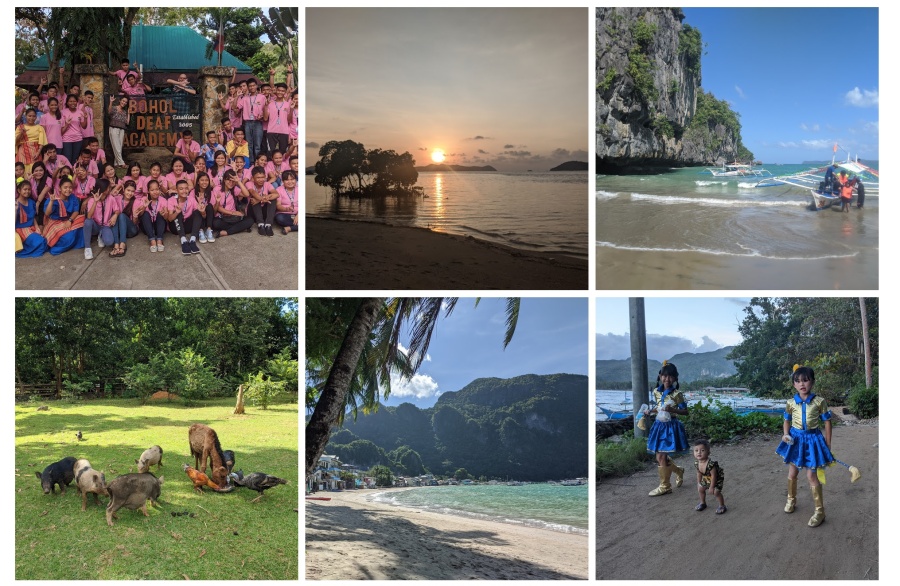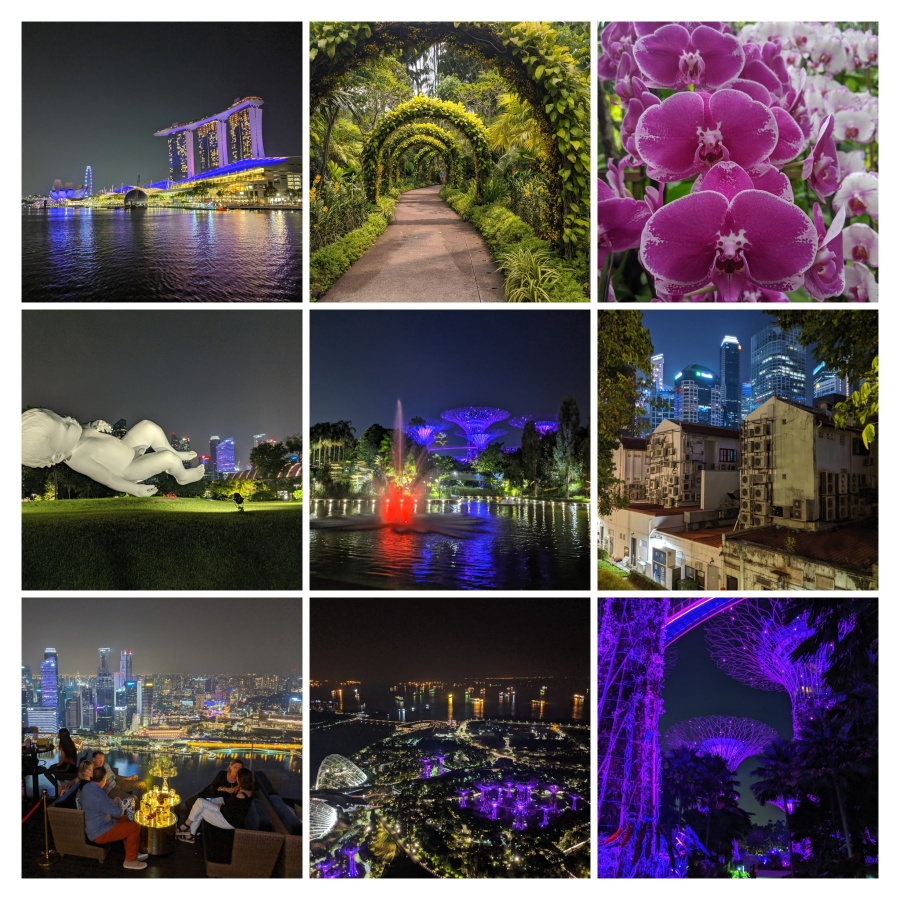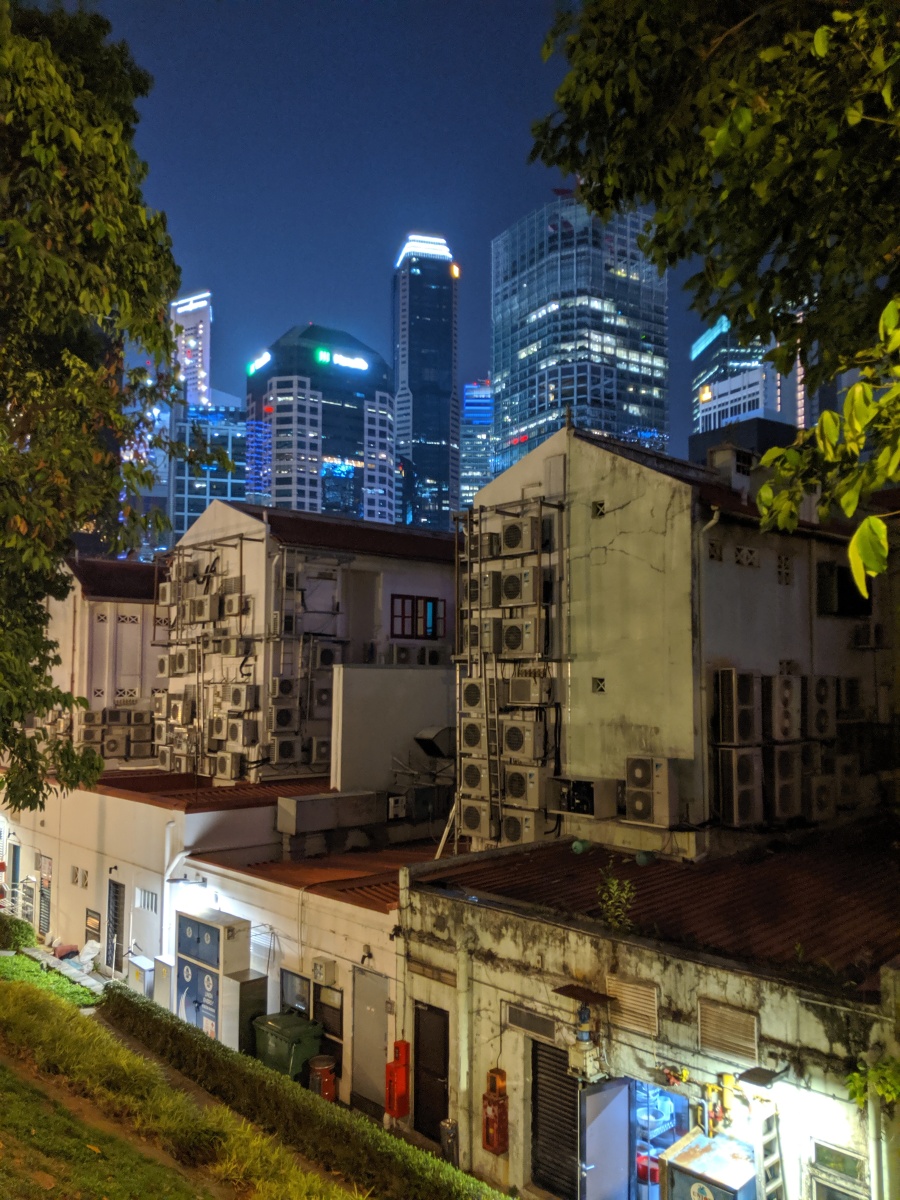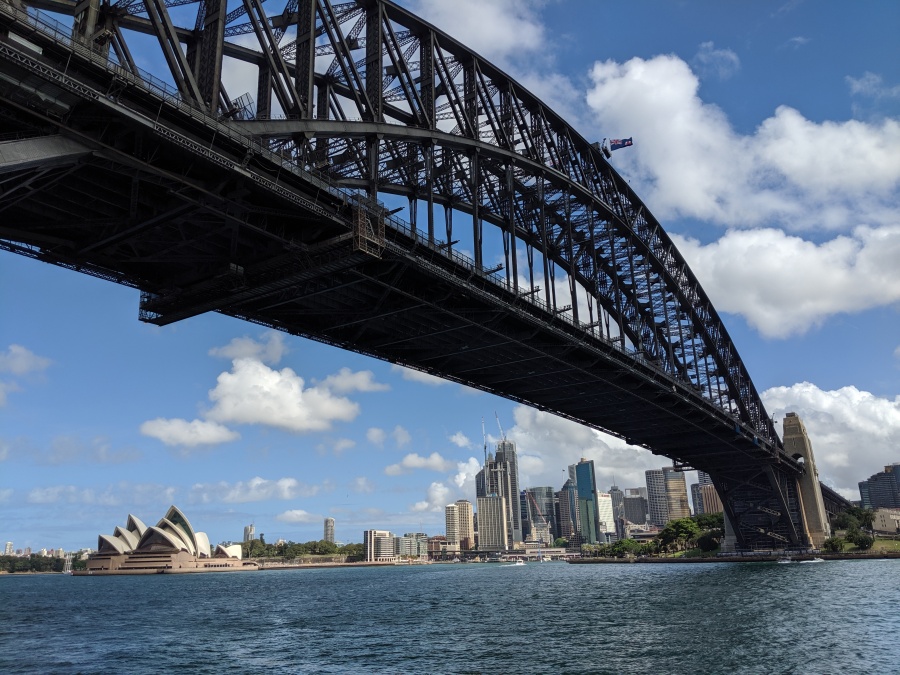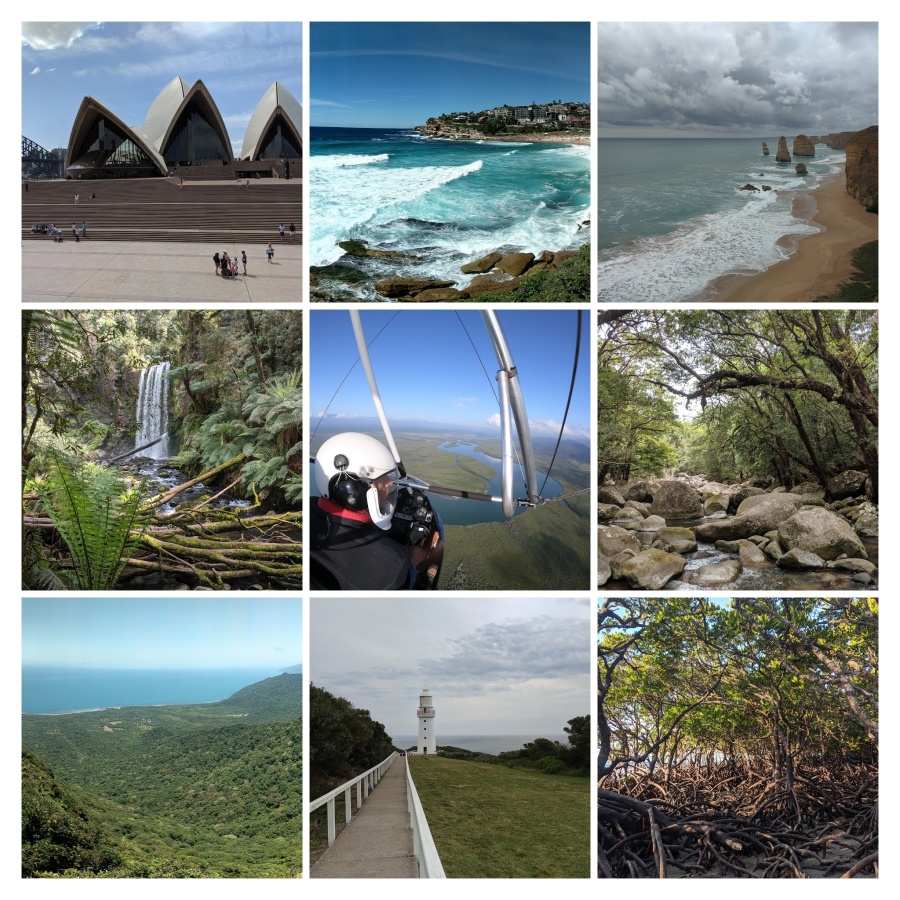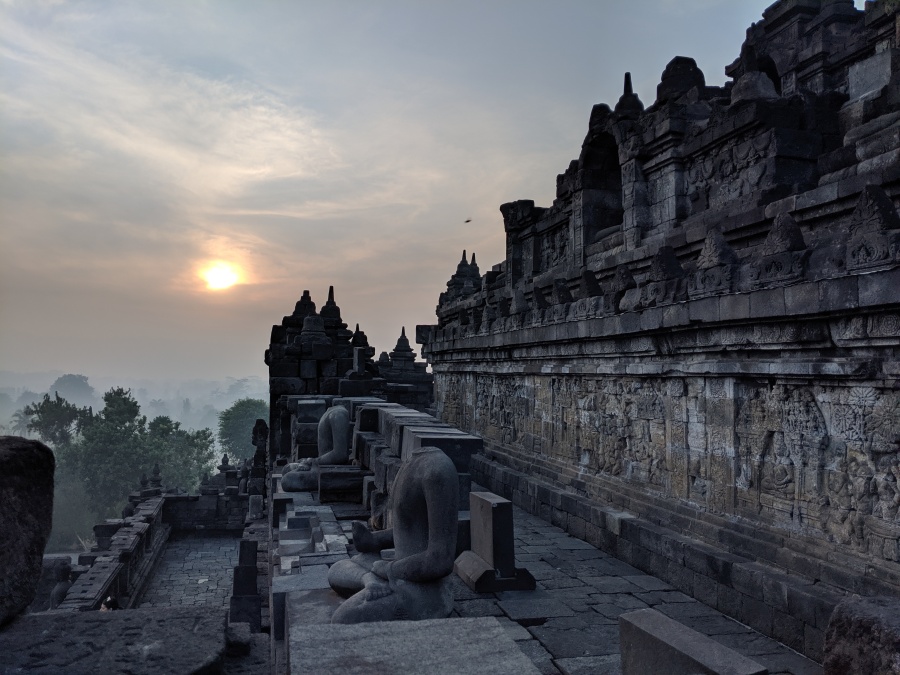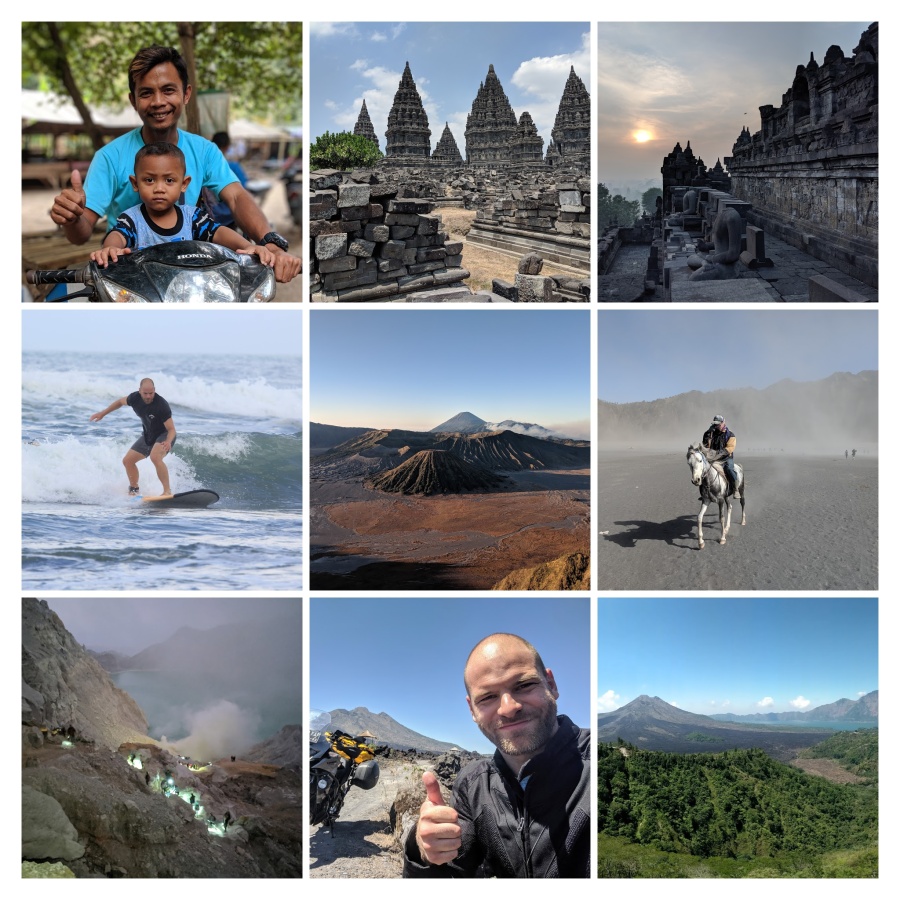I spent most of November in The Philippines with my girlfriend - let me tell you all about it!
The Philippines are composed of 7,641 islands, of which we visited five large ones (Cebu, Bohol, Busuanga, Linapacan, and Palawan) and about nine small ones.
By the 1300s, there was a number of large coastal settlements that had substantial trade ties with other societies in the region.
The islands were named Las Islas Filipinas in honor of Philip II of Spain in the 16th century. This is something that President Rodrigo Duterte publicly pondered recently. Why the heck should the islands still be called the Philippines in honor of a long-dead king of a faraway former colonial nation? Not even Duterte had a suggestion for a new name, though, so here we are.
The Philippines were ceded by the Spanish to the US in 1898 following the Spanish-American war, and became a self-governing commonwealth in 1935. The country was occupied by Japan in 1942. US forces and Filipinos fought alongside to regain control, and the Republic of Philippines attained its independence in 1946. There was 21-year dictatorship that ended in a “people power” movement in 1986, and the country has been a democracy since.
The Philippines
- Population: 100,000,000
- Overwhelmingly Catholic
- Human Development Index (HDI): 0.7 (113th in the world)
- GDP per capita (at Purchasing Power Parity - PPP): $9,538 - 119th in the world; growing at 6.2%
The Drug War
I would be remiss if I didn’t mention the President, Rodrigo Duterte, and his drug war. Both the president and the drug war are controversial and divisive.
From Wikipedia:
- “the policy is aimed at ‘the neutralization of illegal drug personalities nationwide.”
- “Duterte has urged members of the public to kill suspected criminals and drug addicts.”
- Research by media organizations and human rights groups has shown that police routinely execute unarmed drug suspects and then plant guns and drugs as evidence
- death toll estimates vary between 5,104 to 12,000+ as of January 2019
The drug war didn’t come up except when I asked people about it, and then opinions on it varied widely. Some 82% of Filipinos support it in the name of progress against drug use and drug criminals.
On the other hand, some people said that drug use is getting worse, as is corruption, and that Duterte uses the killings to suppress opposition. They are concerned that the extra-judicial killings will create a bitter, angry, violent generation that grows up through this - there are reports of people unarmed people being executed by police inside their homes, in front of their children. What does seeing that do to the life of the child?
